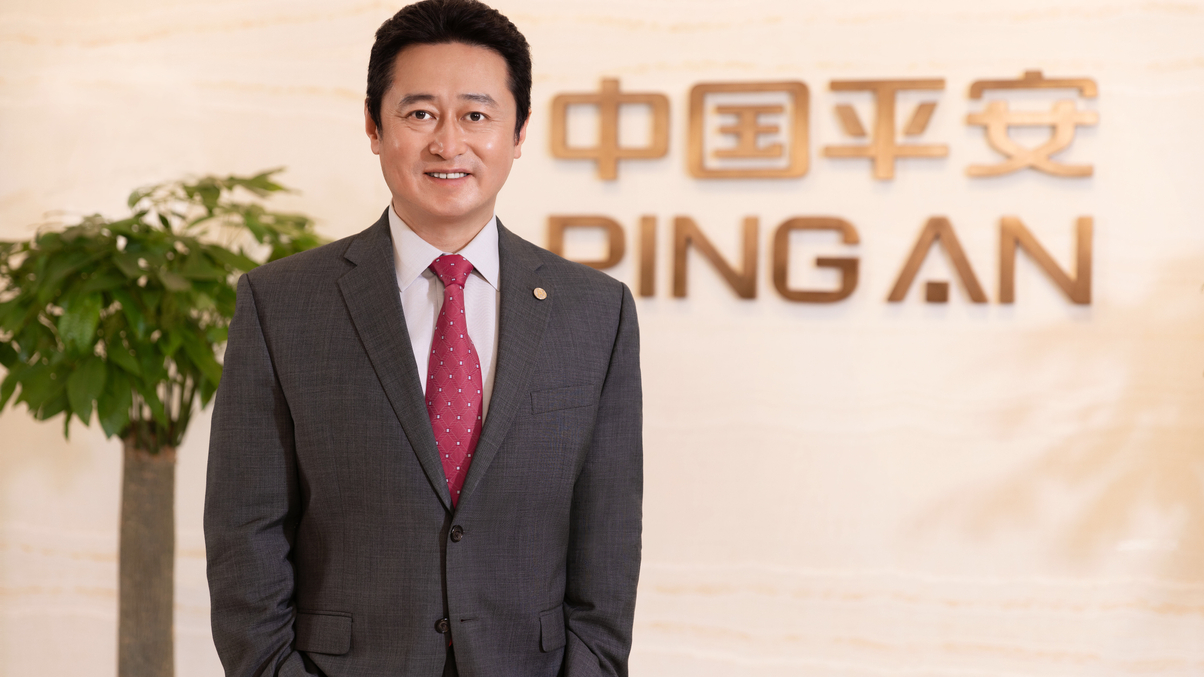Editorial Board Spotlight: Ping An’s Ben Deng gives his reading list to understand China
In this new Friday feature, AsianInvestor presents the personal side of senior executives across the investment industry. This week, we shine the spotlight on editorial advisory board member Benjamin Deng.

Starting this week, AsianInvestor will feature one editorial advisory board member each month and talk about topics outside of their investing prowess. This can range from book recommendations, a day in their life during the work week, lessons in leadership, their investment idols and other aspects that do not get asked about often.
Sign in to read on!
Registered users get 2 free articles in 30 days.
Subscribers have full unlimited access to AsianInvestor
Not signed up? New users get 2 free articles per month, plus a 7-day unlimited free trial.
¬ Haymarket Media Limited. All rights reserved.


